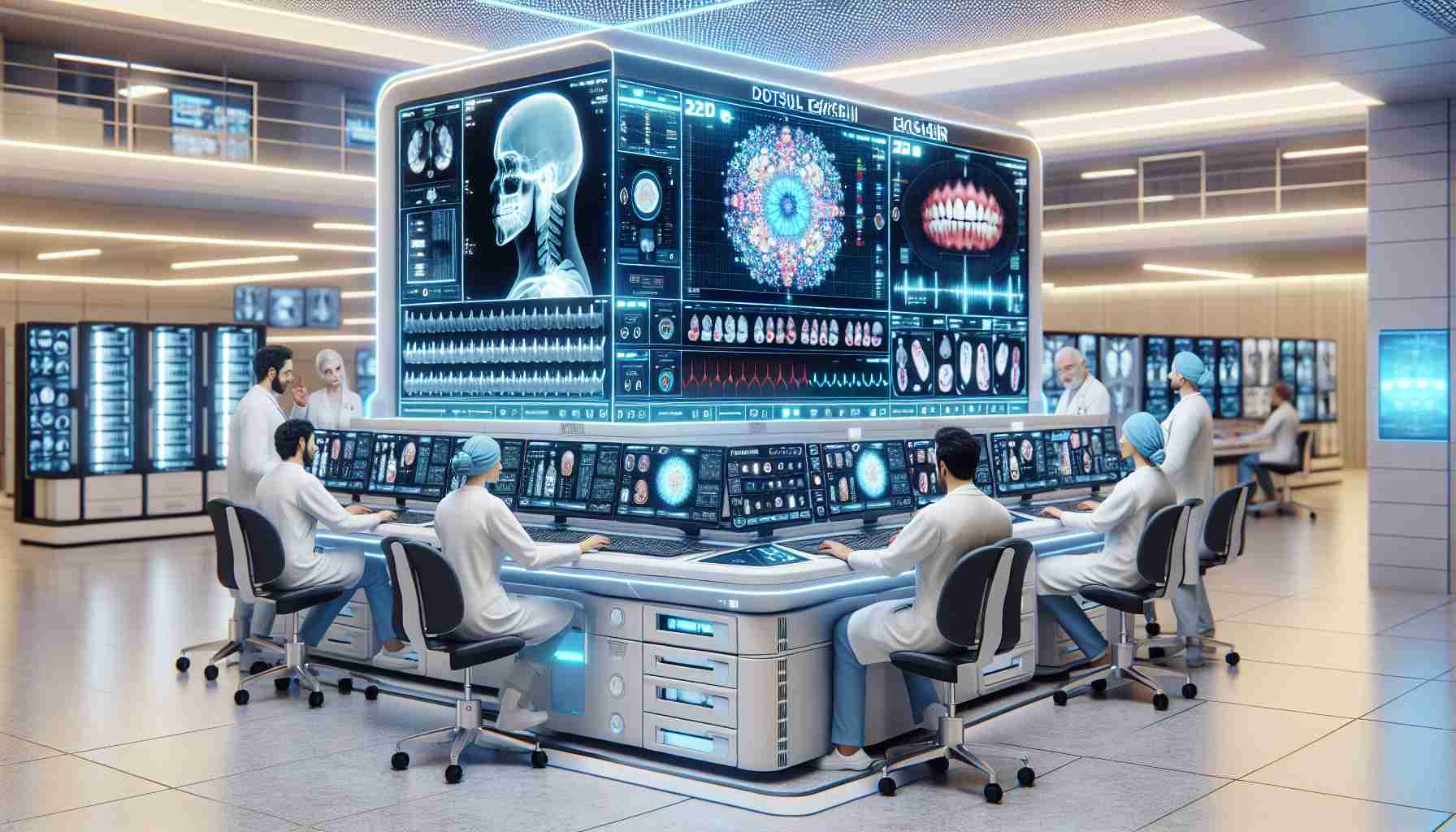Artificial Intelligence Enhances Dental Care in Turkey
The Eskişehir Oral and Dental Health Hospital has pioneered a revolutionary approach to dental diagnostics with the initiation of the “AI-Powered Radiological Image Analysis Project.” This state-of-the-art project is a first in Turkey and has been implemented as a pilot at the hospital. Patients undergoing panoramic dental X-rays are experiencing a radical improvement in diagnostic speed, as the AI system instantaneously identifies issues and transfers the data to the attending dental professional’s computer.
Streamlining Patient Treatment with AI
The innovative project involves uploading the dental X-ray films of patients into a system that is analyzed by artificial intelligence. The rapid results from this analysis assist doctors in devising treatment plans more efficiently, enabling them to dedicate more time to patient care.
The Chief Physician of Eskişehir Oral and Dental Health Hospital, Dr. Kadir Gördeli, explicates that the project aims to accelerate diagnostic and assessment processes for patients, as well as to simplify treatment planning. After around six months of development, this pioneering project has successfully cut down the examination time for digital analysis to almost zero, allowing dentists to cater to a larger number of patients.
Dentist Dilem Ayanlar Sağlam has witnessed a significant reduction in examination and diagnosis times thanks to the new system. She notes that the system rapidly produces an analysis report following an X-ray, which promptly presents the current dental condition of the patient to the dentist. This advancement has markedly decreased patient examination time, facilitating more effective and efficient work by dental professionals.
Important Questions and Answers:
Q: What is AI-powered radiological image analysis in dentistry?
A: AI-powered radiological image analysis in dentistry refers to the use of artificial intelligence to instantly assess dental X-rays, identifying potential issues and assisting with the creation of treatment plans. This technology expedites the diagnostic process and can lead to more accurate and quicker diagnoses.
Q: How does the AI system at Eskişehir Oral and Dental Health Hospital work?
A: At Eskişehir Oral and Dental Health Hospital, dental X-rays are uploaded into the system, where artificial intelligence analyzes them. The AI then generates a report that identifies dental conditions, which is sent directly to the dentist’s computer, aiding in rapid diagnosis and treatment planning.
Q: What are the benefits of using AI in dental radiological analysis?
A: The benefits include faster examination times leading to a higher patient turnover, more efficient use of dentists’ time, potentially improved diagnostic accuracy, and a reduction in the wait times for patients.
Key Challenges or Controversies:
Implementing AI in dental practice raises concerns about accuracy and reliability. The AI’s performance directly affects the quality of diagnoses, and thus, continuous validation and monitoring are vital. Additionally, there may be ethical and legal implications regarding patient data security that must be addressed.
Privacy concerns are paramount since sensitive patient data is handled by AI systems. Ensuring that patient confidentiality is maintained and that data breaches are prevented is a challenge that healthcare providers must face.
There might also be resistance from dental professionals who may be skeptical about reliability or fear potential job displacement. Training and adaptation are crucial in the transition to AI-augmented diagnostics.
Advantages and Disadvantages:
Advantages:
– Improved diagnostic speed and efficiency
– Ability to serve more patients due to reduced examination time
– Decreased workload and stress on the dental professionals
– Potential for more precise diagnoses with machine learning capabilities
Disadvantages:
– High upfront costs for implementing AI systems
– Risk of over-reliance on technology, possibly reducing clinicians’ skills
– Potential for errors or misdiagnoses if the AI is not accurate
– Privacy and data security issues with storing and processing patient data
If you wish to further explore information about AI applications in healthcare and dental care, you might visit respected health and technology information sources using the following links:
– World Health Organization
– American Dental Association
– The Lancet
– Google AI
Please verify these URLs to ensure accuracy before visiting, as the specific offerings and URLs from these organizations may change.

